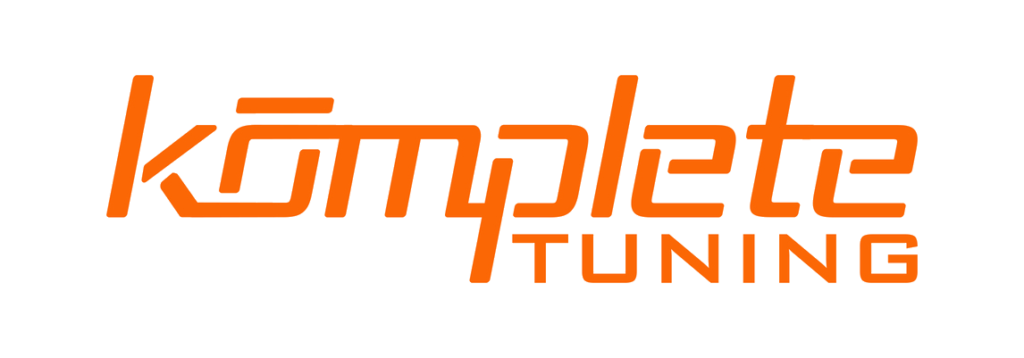No products in the cart.
Fuel?
Have you got enough fuel in the car? What type of fuel are you using?
Although these might seem like silly questions, we’ve had in the past cars come in with little to no fuel or the wrong octane. For Petrol cars, we recommend 98RON octane. If your car is running a dedicated E85, depending on power goals, we may need to refill during the dyno tune session for your vehicle. Please make sure your fuel isn’t months old either, as that could affect the octane rating.
Does your car leak fluid?
On our 4–wheel drive dyno, the motor and transmission sit right over the front rollers. If fluid leaks onto the electronics, it could result in expensive damage. If your car is leaking drips onto the ground, please fix these issues, as it can avoid a wasted day for us both. If you are unsure, feel free to call, and we can inspect the car before your dyno booking to avoid delays.
Is your car running correctly?
Fixing mechanical problems isn’t usually in the scope of a normal tune and can be time–consuming. If an issue weren’t mentioned to us prior, it would incur an hourly rate charge as we work to fix it.
If your car has a check engine light not related to performance modifications, a tune is not a solution to fixing the issue. Before we tune your vehicle, we need it to be in good running order or at least know what could be wrong with it. The exception would be cars that have had different intakes fitted and now have MAF–related codes or exhausts fitted and have O2 sensor–related codes. If unsure, please give us a call.
Communication
What do you use the car for? What modifications have been made?
This is essential information for any dyno tune, as it will dictate how we set the car up. For cars with internal engine work, if unknown, we will assume it is stock which could potentially end up in you missing out on the power available.
What you use the car for will also change how you go about tuning your vehicle. Customers that tow a lot vs customers that want to take their car off-roading or to the circuit will come out of our shop with different results as their cars meet different requirements.
Is your Tail shaft in good condition?
This one is uncommon but not unheard of. If your tail shaft is bent or damaged, it could result in it breaking apart on our dyno. When performing dyno runs, the wheel speed can exceed over 200km/h, which is much more than it will see on public roads. If your tail shaft were to break during a run, it could cause catastrophic damage to your floor, gearbox, differential and our dyno.
Are your spark plugs still good?
A spark plug issue can cause poor running conditions and ignition misfires that can be frustrating. That’s why inspecting and replacing your spark plugs before a dyno tuning session is essential. If your vehicle has power modifications, don’t hesitate to talk to us about the right spark plug for your specific application.
Spark plugs are more complex than they seem, with variations in materials, gapping and heat ranges, so don’t be afraid to reach out to the experts for advice on the best plug for your vehicle.
Is your car’s cooling system properly functioning?
Coolant plays a crucial role in keeping your car at a safe operating temperature. Dyno tuning can be pretty stressful for your vehicle, so you should make sure that your car has a properly functioning cooling system to keep overheating at bay. If your car overheats during a dyno tune session, you may have to prepare yourself for costly and tiresome repairs.
Exhaust
One of the first things we do after your car is strapped in on the dyno is mount a wideband O2 sensor probe into the tailpipe of your exhaust. If your exhaust ends halfway under the car or has an unusual bend at the end please let us know beforehand so we can work something out. We usually see cars with side pipes, exhaust cutouts, diff dump exhausts etc.
If there are any exhaust leaks, this will affect the accuracy of our O2 reading; furthermore, if there are any leaks pre-turbo, it will affect your power and how much boost the turbo can make.
Has your car been serviced recently?
For maximum performance, it’s a good idea to make sure your air filter, fuel filter and leads are in good condition. In the past, we’ve had cars come in and not make much power due to a blocked/dirty air filter.
This is more common for 4×4 vehicles that travel on dirt roads.
What tyres are fitted to your vehicle?
Soft tyres like semi-slicks and dynos don’t go well together. The soft compound will heat up very quickly, and you could delaminate/damage your tyres. Going on with this, when they are very hot, they are more likely to wear through your expensive rubber quicker.
For 4×4 vehicles, please note that with larger tyres, your power and torque output will change. You will still see the same gains, and the engine will still be making the same power as vehicles with standard tyres, but the final output to the wheels will be different. You’ve probably noticed this when you first fitted 33s or 35s to your 4×4. Some Competition 4×4 mud tyres are also not recommended as the knobs could wear away. Some of these tyres include Simex Centipedes, Super Swamper or anything with large spaced-out knobs.
Contact us today to book your dyno tune session and ensure your car meets our pre-tune checklist for optimal results!


